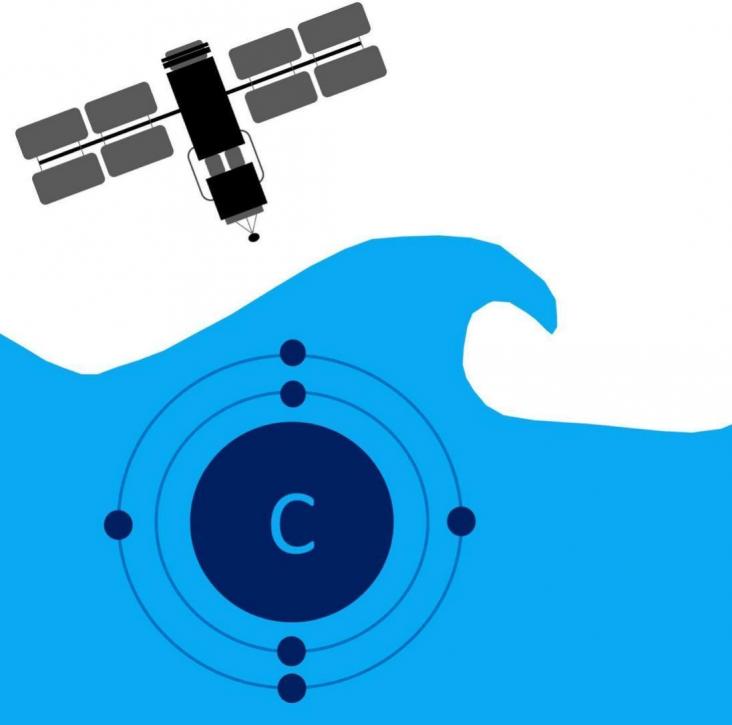
Monitoring the ocean carbon cycle is key to improved understanding. Satellites play a major role in our global carbon monitoring system. To make full use of satellite observations for ocean carbon monitoring the remote-sensing community needs to work closely with in-situ data experts, physical and biogeochemical modellers, Earth system scientists, climate scientists and marine policy experts.
Increasing shipping traffic in the Arctic Ocean creates an emerging need to understand the consequences of maritime operations on the Arctic environment and coastal Indigenous and non-Indigenous commu
This chapter aligns with SDG Goal 5: Gender equality and Goal 13: Climate action by discussing how effective implementation of a green economy can empower women to adapt to climate change.
This chapter advances UN SDG goals 11, 13, and 9 by examining how cities can transform in the face of climate change and socio-ecological crises to become more sustainable and resilient.
This study systematically evaluates the successful human stewardship in managing marine protected areas to provide useful lessons for future marine conservation actions.
This article advances SDG # 13 by quantifying the extent - and rigor - of existing regulation and makes recommendations for future policies for addressing the issue of Methane emissions.
This article supports SDG # 13 by calculating the share of climate damages that fossil fuel companies owe the world.
This study proposes a deep learning model based on a convolutional neural network, which can effectively fuse atmospheric information (wind field) and station water level information and can effectively forecast the station water level and also have a good response to the anomalous water level increase brought by storm surge.
Selective copepod grazing and water mass origin impacted spring bloom composition. Diatom bloom enhanced zooplankton recruitment and deep carbon export. Spring bloom composition impacted summer plankton community. Mixo- and heterotrophic protists dominated the nutrient-poor summer months. Copepod grazers controlled the summer protist community.
Elsevier,
Recent Advancements in Wastewater Management: Implications and Biological Solutions, 2023, pp 109-132
This chapter aligns with Goal 6: Clean Water and Sanitation and Goal 13: Climate Action by discussing the role and challenges of wastewater irrigation in agriculture in response to declining freshwater resources.
